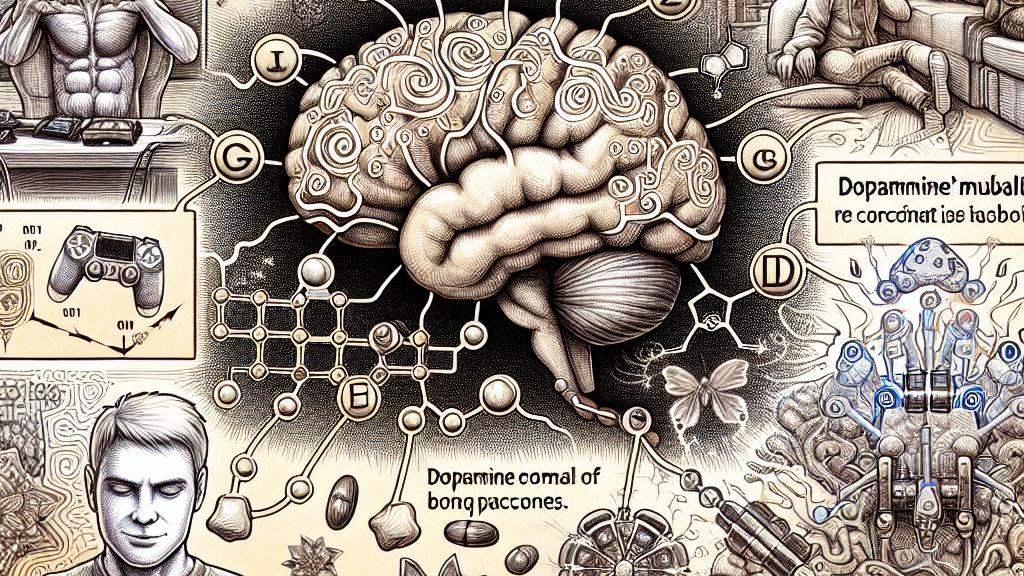Understanding Dynamic Behaviour Restructuring and Dopamine's Role
Overview
- Discover the powerful impact of dopamine on our behavioral choices.
- Examine how dynamic behavior restructuring revolutionizes learning processes.
- Explore critical corrections in landmark research to sharpen our understanding.

The Transformative Power of Dopamine
Dopamine is not just a chemical in our brain; it acts as a catalyst that transforms how we pursue pleasure and rewards. Recent studies conducted in the United States illuminate this fascinating dynamic, showing how dopamine influences neuronal excitability and, subsequently, our behavior. For example, when we engage in enjoyable activities—like playing a video game or savoring our favorite dessert—dopamine levels rise, reinforcing our desire to repeat those actions. This intricate dance of biochemistry and behavior highlights how our brain encodes experiences. Moreover, dopamine's modulation of pathways, such as KCNQ channels, enables us to adjust our responses to rewards, ultimately shaping our decision-making processes in everyday life, illuminating the path to understanding motivation.
Dynamic Behavior Restructuring: A Deep Dive
Dynamic behavior restructuring captures the brain's amazing ability to reassess the value of actions based on their consequences—a vital component of effective learning. Corrections made to the foundational research in the journal Nature have recently drawn attention to significant methodological improvements. For instance, the original misstatement about session durations could have misled interpretations of reinforcement processes. Addressing these discrepancies has not only clarified the investigative techniques used but has also reinforced the importance of accurate data in understanding how we adapt our behaviors. This restructuring is imperative—not just for grasping fundamental learning but also for developing strategies in therapeutic settings to combat mental health issues. As neuroscience evolves, uncovering deeper insights propels us into new realms of learning and adaptation.
The Future of Neuroscience: Pathways to Discovery
As we immerse ourselves in the ever-evolving world of neuroscience, the significance of rigorous research standards becomes increasingly apparent. Diverse methodologies—ranging from non-invasive neuroimaging to more invasive surgical interventions—allow researchers to study brain functions without imposing lasting damage. Each method offers unique insights into how dopamine affects our behaviors, elucidating connections to mental health and treatment outcomes. For example, understanding how dopamine signaling can alter behavior opens new doors for innovative therapies tailored to specific psychiatric disorders. As researchers refine their approaches and correct previous misconceptions, they forge pathways for effective interventions and patient care. This journey through neuroscience is not just about accumulation of knowledge; it’s about catalyzing change and offering hope for individuals seeking understanding and healing in the face of mental health challenges.

Loading...